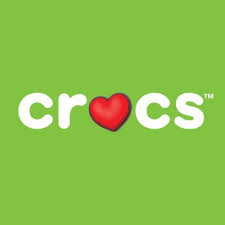'Mary Poppins' Gets New Age Rating in Britain for Racist Language

Supported by
‘Mary Poppins’ Gets New Age Rating in Britain for Racist Language
The musical about a nanny with magical powers had been classified for all audiences since 1964, but the British Board of Film Classification has issued new guidance.
- Share full article


The rating for “Mary Poppins,” the beloved children’s musical about a nanny with magical powers that was released 60 years ago, has been raised to PG in Britain because of the use of “discriminatory language,” the British Board of Film Classification said.
The rating change follows a wave of recontextualizing and reclassifying of films from bygone eras for modern audiences amid shifting cultural norms and mores.
“Mary Poppins” includes two uses of an offensive racial slur to describe an Indigenous group in South Africa. It is first heard when Admiral Boom asks Michael, a child, if he is going on an adventure to defeat said group. Admiral Boom repeats the slur during a chimney sweeps dance sequence when he shouts that he is being attacked. The dancing figures he spots in the distance are not Black Africans, but white dancers with blackened faces from soot.
The film was originally rated “U,” for Universal, upon its release in 1964, and again in 2013 for a theatrical release, the B.B.F.C. said in a statement. When it was resubmitted in February for another theatrical release, it was reclassified as PG.
PG is the second-least severe of six ratings in Britain. The strictest is 18, which prohibits anyone under that age from renting, buying or seeing the film in movie theaters.
“We understand from our racism and discrimination research, and recent classification guidelines research, that a key concern for people, parents in particular, is the potential to expose children to discriminatory language” or behavior which they may find distressing or repeat without realizing the potential offense, a spokeswoman for the board said in a statement.
We are having trouble retrieving the article content.
Please enable JavaScript in your browser settings.
Thank you for your patience while we verify access. If you are in Reader mode please exit and log into your Times account, or subscribe for all of The Times.
Thank you for your patience while we verify access.
Already a subscriber? Log in.
Want all of The Times? Subscribe.


 Canada
Canada Argentina
Argentina  Australia
Australia  Austria
Austria  Brazil
Brazil  Germany
Germany  Ireland
Ireland  Italy
Italy  Malaysia
Malaysia  Mexico
Mexico  New Zealand
New Zealand  Poland
Poland  South Africa
South Africa  United Kingdom
United Kingdom  United States
United States 




































